More than 50 million people around the world are currently living in modern slavery.
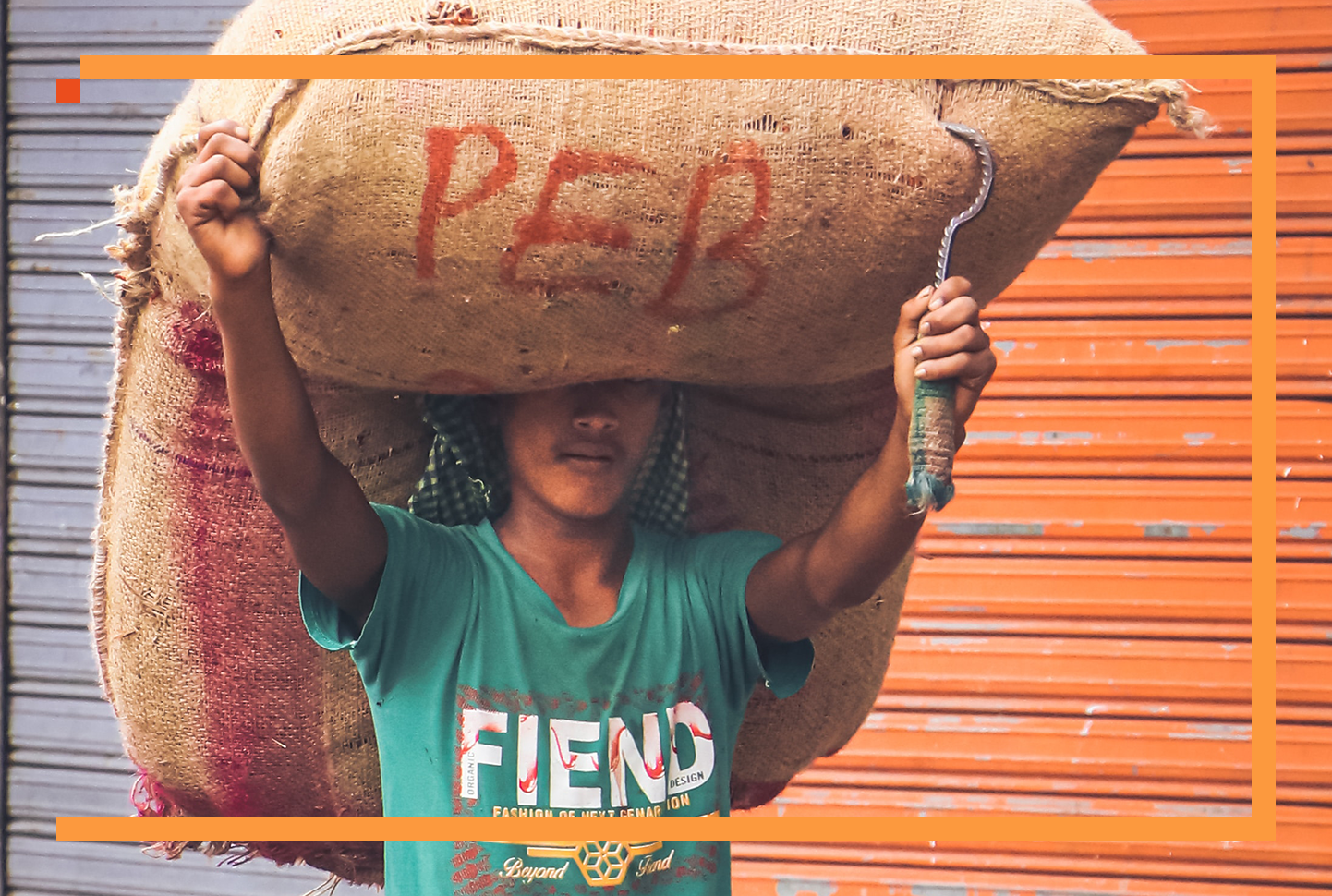
The Global Commission on Modern Slavery and Human Trafficking is an international initiative led by Baroness May of Maidenhead to exert high-level political leverage to restore political momentum towards achieving UN Sustainable Development Goal 8.7 to eradicate forced labour, end modern slavery and human trafficking.
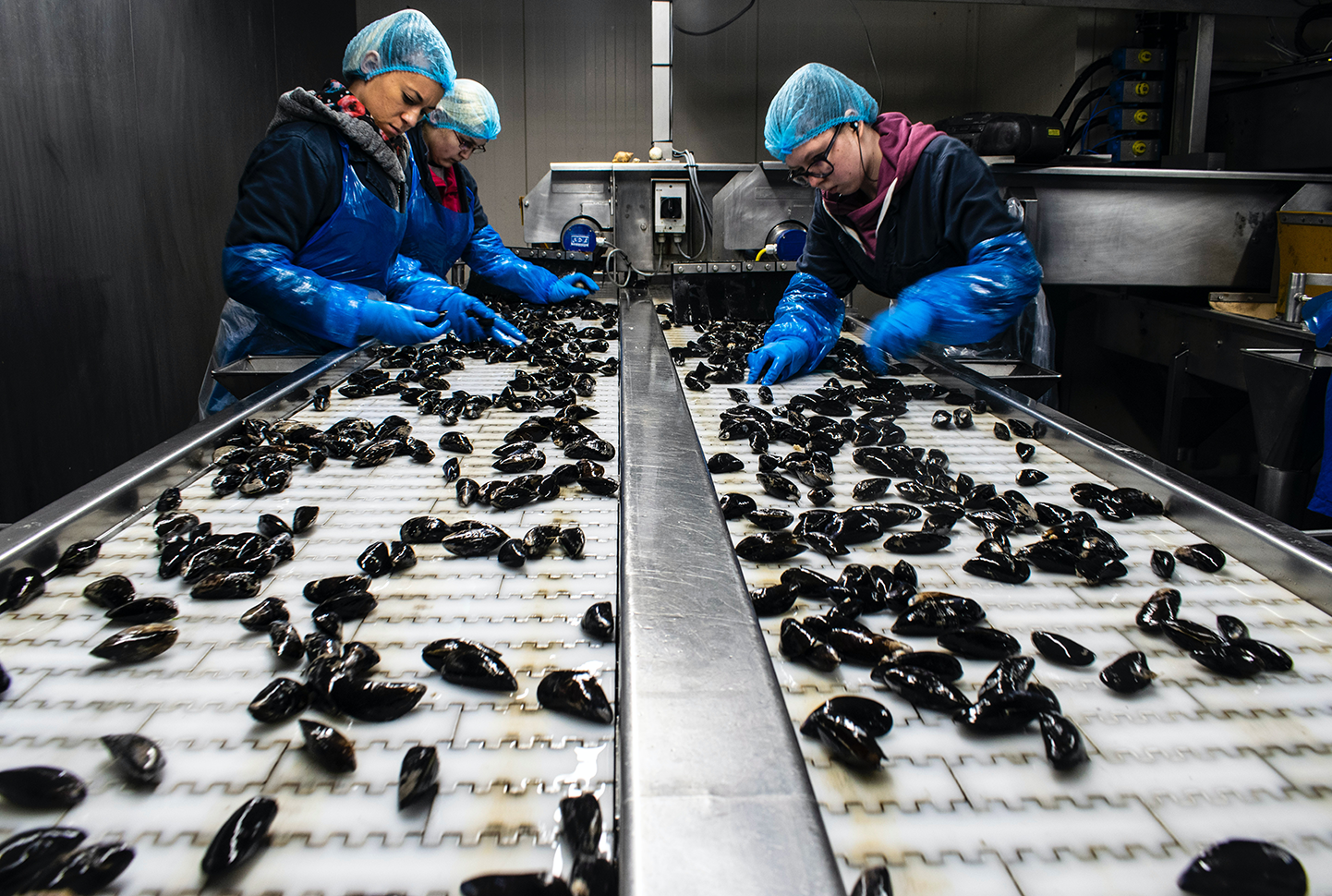
In 2022, the Modern Slavery and Human Rights Policy and Evidence Centre was commissioned by The Office of Theresa May to conduct a scoping study examining the case for establishing a Global Commission on Modern Slavery and Human Trafficking.
The Scoping Study was funded by the UK Foreign, Commonwealth and Development Office. The team carrying out the Scoping Study met with more than 50 actors working to address modern slavery across the world, including global and regional intergovernmental bodies, international human rights groups, survivor organisations, civil society organisations and businesses.
It also conducted a survey of comparable Global Commissions, a literature review of evidence identifying potential priority areas of intervention, and a wide consultation on how best to embed people with lived experience in the work and governance of a potential Global Commission.
The full Scoping Study is available to read here:
The Scoping Study report found that the Covid-19 pandemic, new and protracted armed conflicts and the direct effects of climate change have dramatically increased vulnerability to exploitation and modern slavery. Yet despite global agreement on the aim to eradicate modern slavery by 2030 in the Sustainable Development Goals, there is a widespread sense that efforts to end modern slavery have lost political momentum.
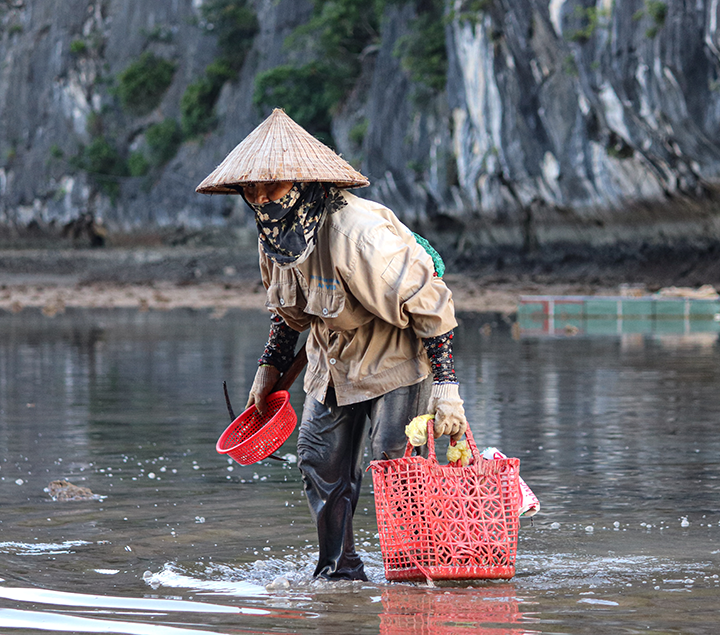
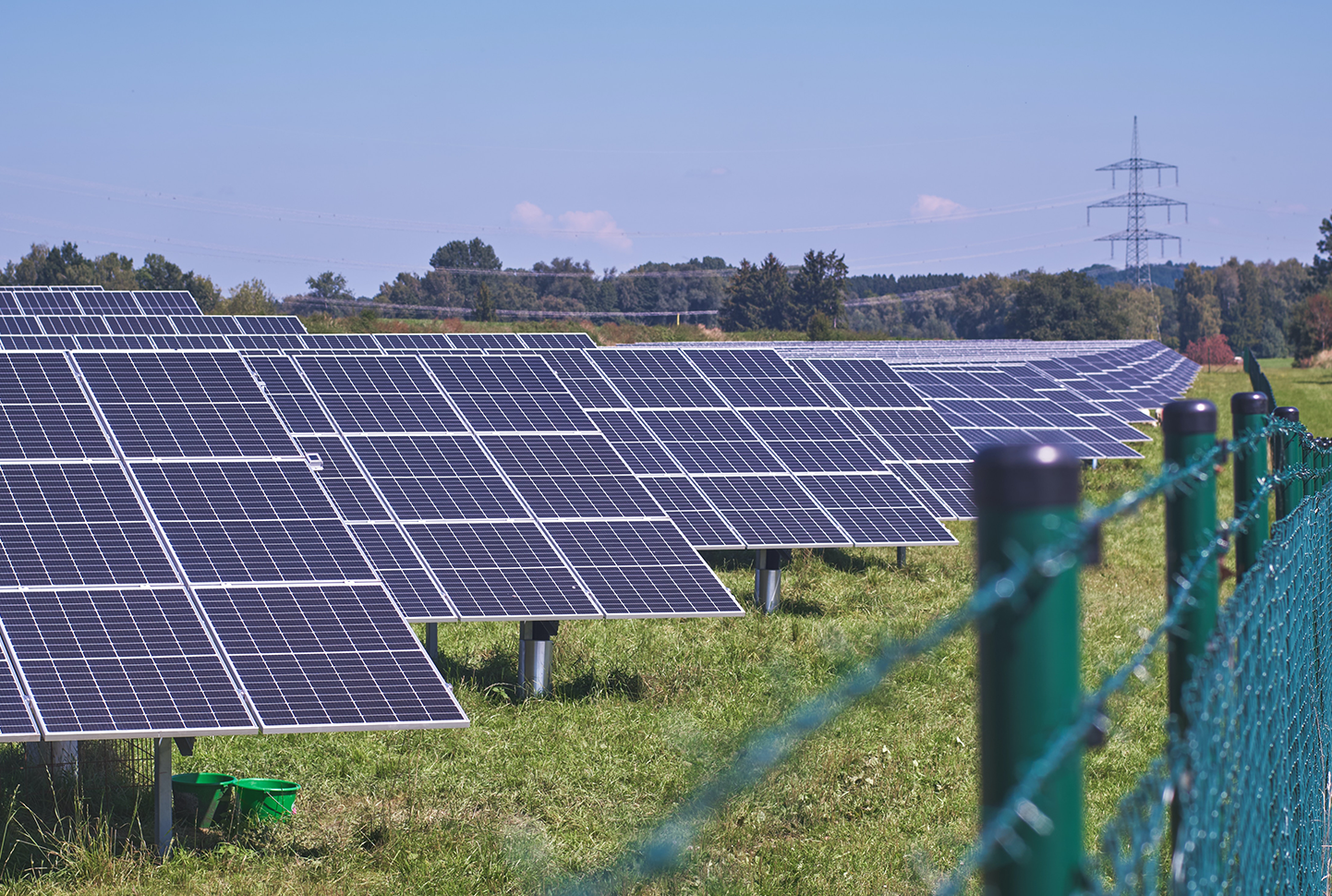
The Scoping Study concluded that there is a compelling need for a Global Commission on Modern Slavery and Human Trafficking.
This was underscored by the recent Global Estimates of Modern Slavery report, which found that there has been an increase of 10 million people being forced to work or marry since 2016 - bringing the estimate of people around the world currently living in modern slavery to 50 million.
Why is our work important?
Notwithstanding the global consensus to eradicate human trafficking and modern slavery, there is a widely shared sense that not enough is being done at the global level to respond to the challenge: vulnerability to modern slavery and human trafficking has dramatically increased; political momentum towards eradicating modern slavery and human trafficking has stalled; the evidence and knowledge base is under-developed, with a lack of readily accessible evidence on effective responses to modern slavery and human trafficking; and international collaboration and partnerships are limited.
Who is supporting our work?
The Global Commission is currently funded by the UK government, through UK International Development, and by the government of the Kingdom of Bahrain.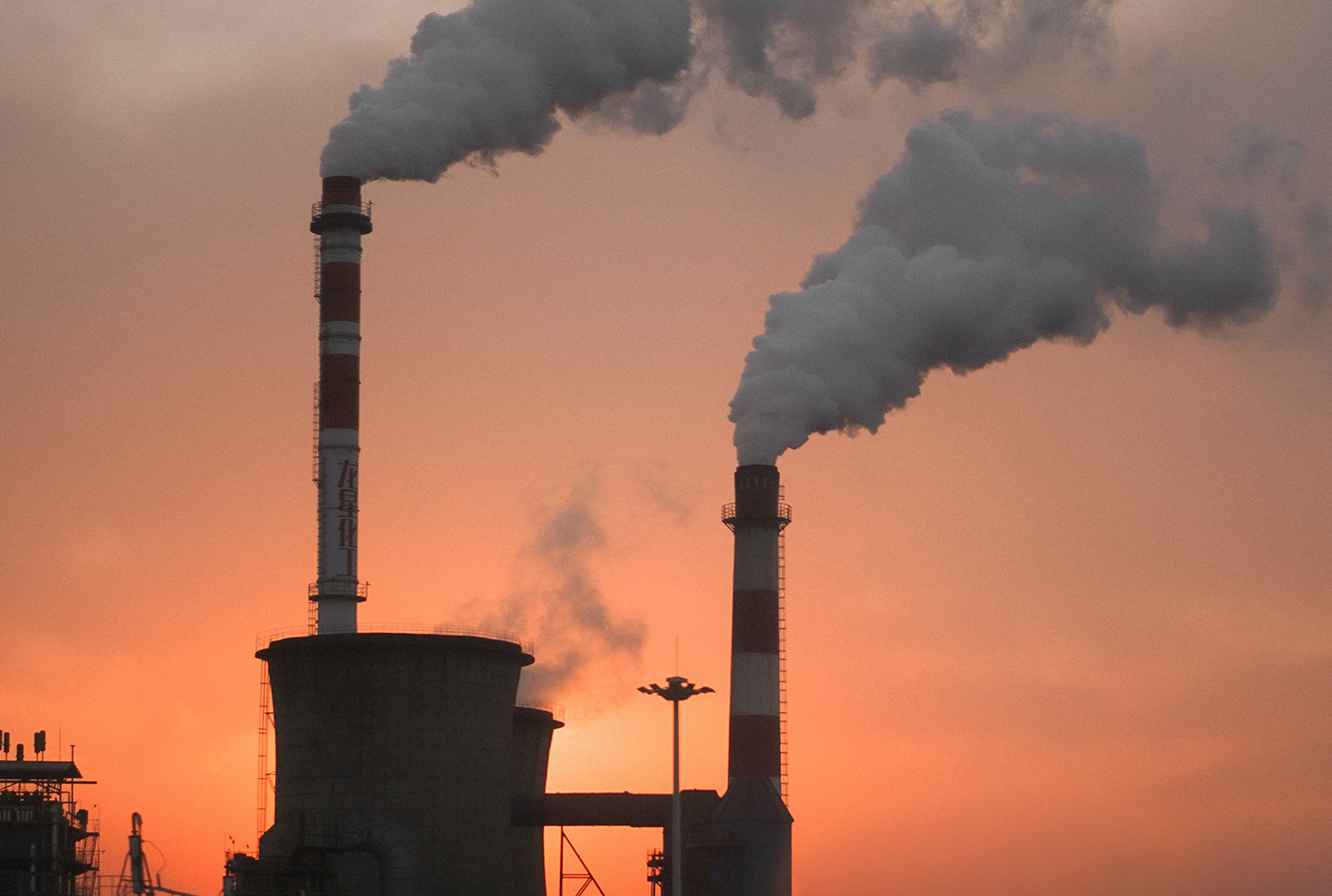
“The United Nations’ Sustainable Development Goals envisage the eradication of modern slavery and human trafficking by 2030.Yet none of the stakeholders we spoke with considered the international community was on track to meet this target. There was a strong acknowledgement that we need fresh political leadership to give this effort a new momentum, and that a Global Commission - if done in the right way - could provide that.”
Andrew Hilland (leader of the Scoping Study)